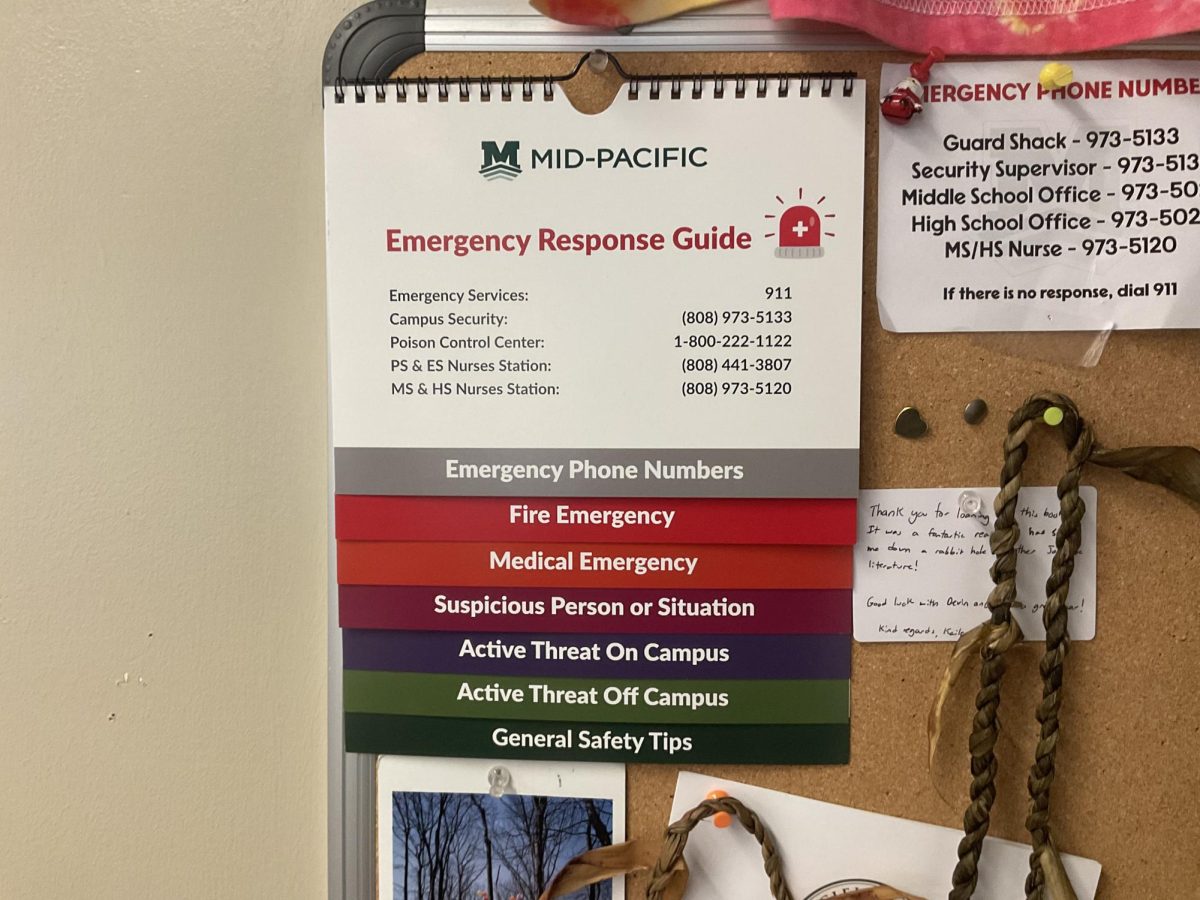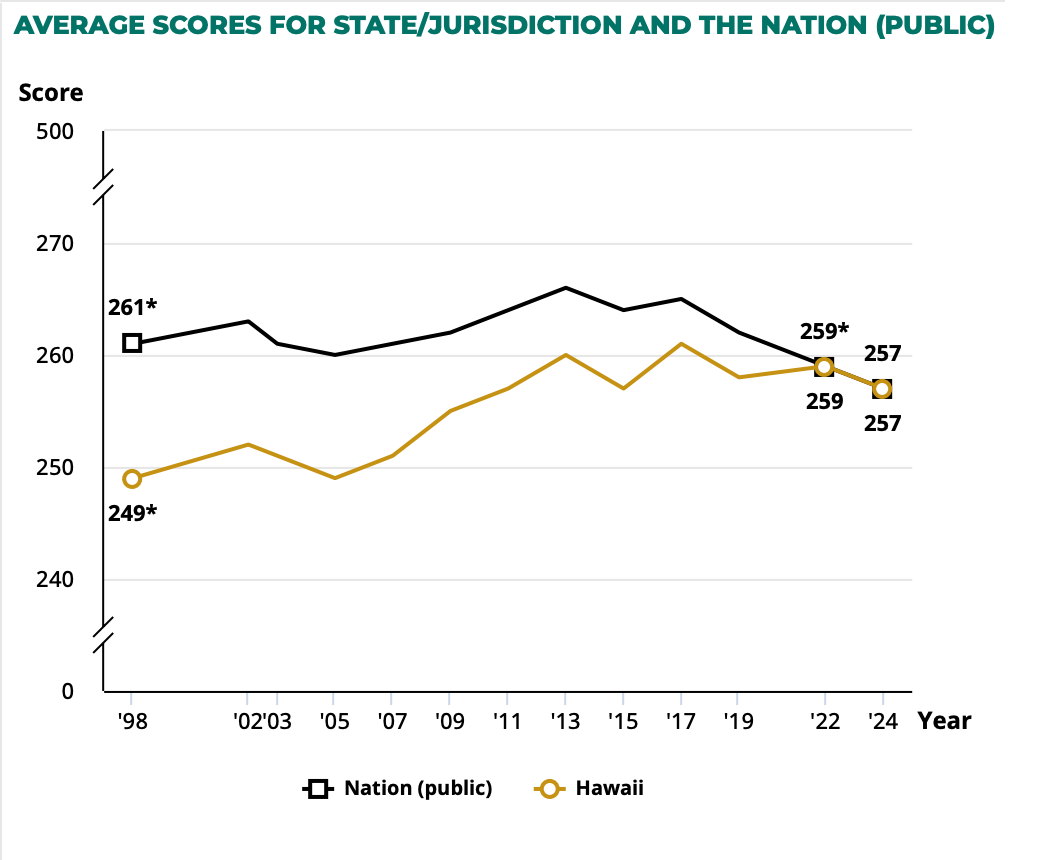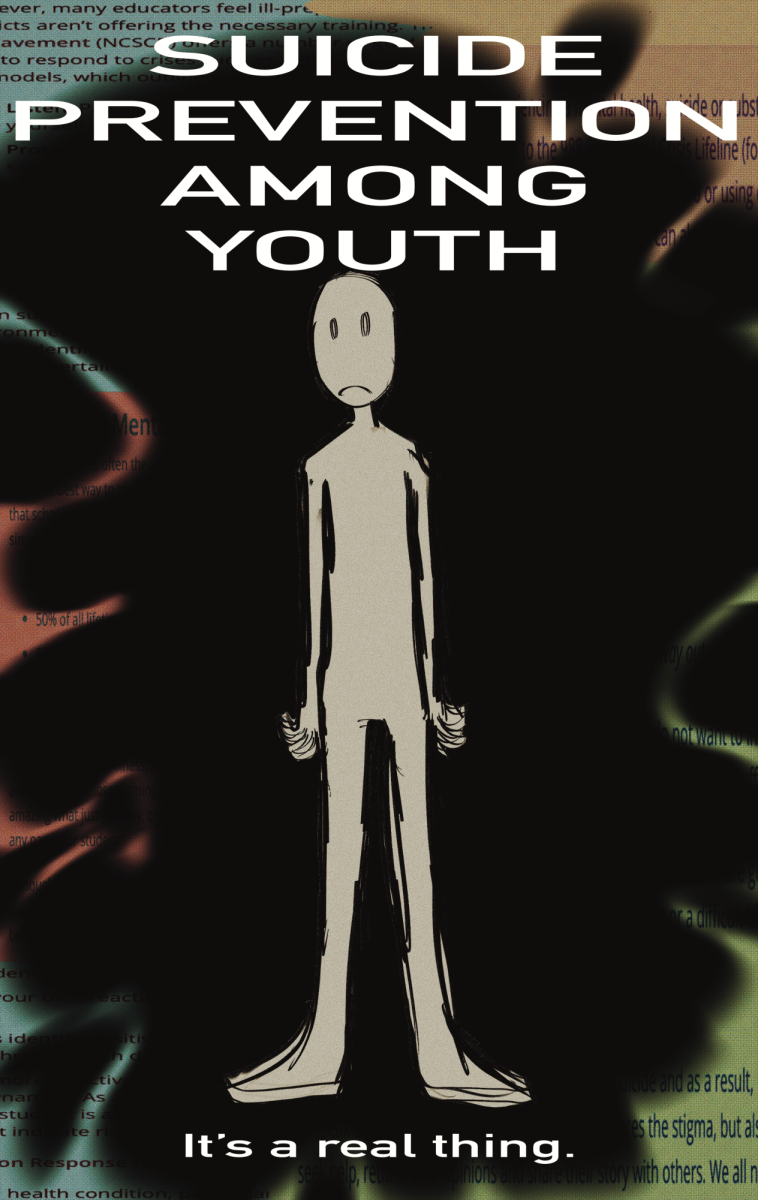Social media has become a powerful force in shaping the expectations of young adults, often promoting unrealistic ideas of what that looks like.
As high school seniors start planning their futures, they face constant pressure from social media platforms such as TikTok and Instagram telling them which colleges are “the best” or why they should consider a “gap year in Europe” to truly succeed.
Senior Ellie Garrett is currently in the college application process and navigating her next steps.
“Every week I come across posts of what influencers are doing to be successful and it makes me feel like I haven’t done enough or if I can accomplish what they can, ultimately questioning myself,” Garrett said.
Growing up behind a screen means that you are also influenced by what is behind it, whether that be good or bad. It can create false narratives, share misinformation, promote stereotypes and offer its opinion solely based on algorithms.
Language Arts teacher Kara Hisatake has noticed an increase in students being heavily influenced by what they see on social media in terms of what they regard as viable career options.
“I see and hear it especially a lot from younger students; they mention they want to pursue a career but then change their mind after getting a glimpse of what that job could look like,” Hisatake said.
A common inner conflict in students is following what the heart wants versus what the mind wants. Many times, what the mind wants is persuaded by what is glamorized in the media, while the heart is the genuine passion for a path.
“On the internet, people only post the good stuff, so if it’s all you’re being fed, it starts to make you feel bad where you are at. It makes you compare yourself to others because of what is perceived online,” junior Jacob Pepper said.
Pepper has noticed a trend surrounding day trading and its easy access to fast money, offering a lavish lifestyle.
“I have in mind jobs that I would love to do, but if all I’m seeing is day trading, it makes me think I need to do that too in order to be successful,” Pepper said.
What is visible in the media can both negatively and positively affect beliefs, opinions and mental health. It can be perceived as a message that students are lacking, or can be a source of inspiration.
Pepper has been grappling with the negative side of social media. “I get anxious knowing that my decision I make after school will be a known thing or even publicized, I wonder if people are going to judge me for choosing this school or area. People may see the college and form opinions on whether what I did, did or didn’t pay off.”
This kind of content, however, does present a benefit to students by making knowledge extremely accessible for those with limited resources. It can be used as a guide or even a mentor.
“I find a lot of inspiration and advice online during the navigation process. Especially as someone who doesn’t often turn to parents or older figures, I find it can be helpful,” Garrett said.
Many people turn to online communities for guidance and support, finding relatable experiences and valuable insights. This can create a sense of connection and motivation, especially for those who feel isolated in their journey
“There are positives; if you see what you don’t have, it gives you an incentive to work towards that goal,” Pepper said.
It’s clear that influencers play a large role in displaying realistic or unrealistic expectations, but trends are also a factor to what is frequently shown.
“There’s a trend showing what stats got students into certain schools. For example, a 4.5 GPA and a bunch of extracurriculars got a student into Cornell. These videos only show the best of the best. If that’s all you’re seeing, you feel like that’s the median and like you’re falling behind,” Pepper said.
It really comes down to how you plan to take the information shared. Hisatake hears various different conversations regarding this topic inside and outside of the classroom.
“If I hear students talking about social media influencing their post-grad life, it’s usually about money and how much they can get. It’s not the most realistic image of what a successful life looks like,” Hisatake said.
Everyone has their own story, different values and upbringings, but the ultimate goal is the need for success and self-fulfillment.
“It’s important to remember our lives aren’t going to be the same as an influencer because we are not the same people, we have different identities. That is what’s so beautiful about life after high school, you are able to truly find yourself,” Garrett said.
Hisatake mentions personal experiences of being negatively influenced by online influencers.
“I think influencers best display day-in-the-life videos and could be helpful in recognizing that a career path may not be for you,” Hisatake said.
Though influencers provide helpful glimpses into careers, the curated nature of social media can mislead students into choosing paths based on distorted portrayals.
What is represented online can distort values regarding post-high school life and represent it in a different light. This can lead to students choosing a school or path based on superficial or false information.
“When the party aspect of college is the only thing glamorized on the internet and you don’t see anything about academics because it’s ‘boring,’ it starts to change your values,” Pepper said.
Another recommended post on Pepper’s feed was the encouragement of taking a gap year.
“I see people post about a gap year and taking extravagant trips, making me think it’s totally achievable to be a freeloader and go out to travel and do what I want. It can make you feel really left out of all the fun,” Pepper said.
Mid-Pacific aims to steer students away from forming decisions solely based on things they read online, or see through social media, by offering college counseling and open discussions with faculty.
“At Mid-Pacific, there is a very supportive community and everyone is encouraged to choose their own path,” Pepper said.
As a teacher, Hisatake enjoys sharing advice to faculty and students. Her goal is to help students find a path that is best suited for them.
“Educators should always encourage students to ask questions and to talk about what they see online as viable careers. We don’t always have the space for that in class, but whenever we can, it’s useful,” Hisatake said.
For students, Hisatake advises, “Take what you see on social media with a grain of salt”.
Garrett is really at the forefront of the pressure caused by the media. She leaves students with an idea that she always likes to keep in mind.
“It’s really your choice to create your own path, because social media may not always be around. Everything is temporary, but your decisions aren’t. Explore your possibilities. Rewrite your own definition of success,” Garrett said.









